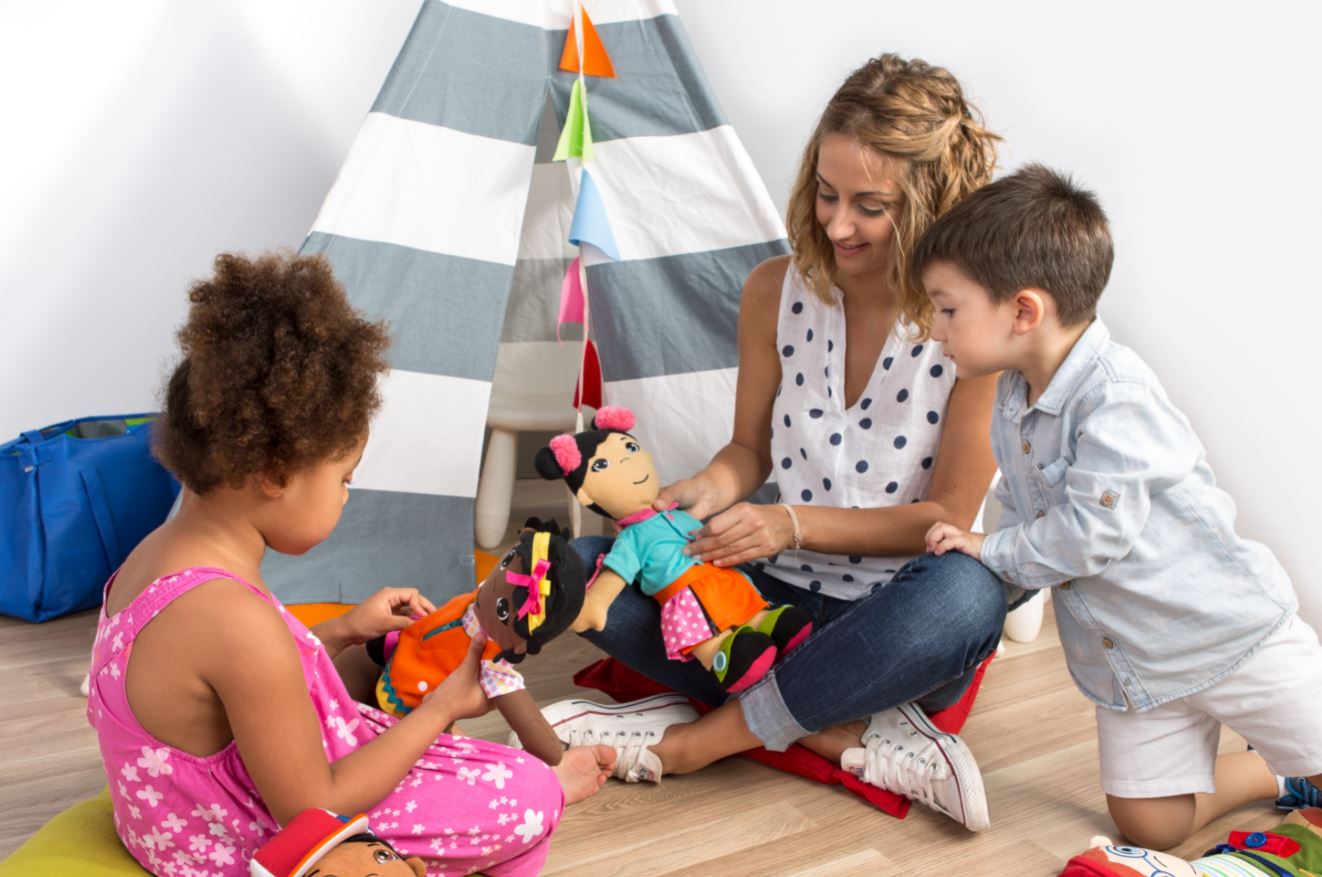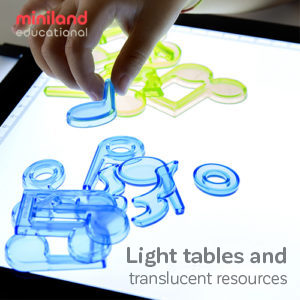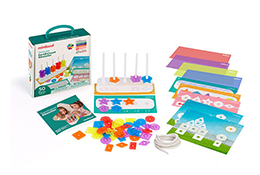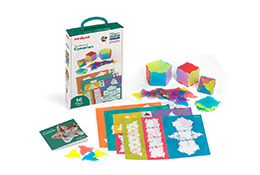Do you remember when you learned how to button your buttons? Or tie your own shoes?
These important milestones are not just memorable moments in childhood, they’re vital to daily living. They are skills children need to become comfortable with taking care of themselves and their own bodies.
In Occupational Therapy, these skills are termed Activities of Daily Living or ADL. These activities are “fundamental to living in a social world; they enable basic survival and well-being” (Christiansen & Hammecker, 2001, p. 156).
These skills help children master basic tasks that they will need to know for the rest of their lives. They also inspire self-confidence and sense of self which can spill over into other areas of a child’s life both at home and at school.
It also makes your job as a Teacher or Parent MUCH EASIER! Who wants to stop 15 times to tie 26 pairs of shoes in the middle of a school day? What parent hasn’t groaned when they’re rushing out the door and their little one needs help with the buttons on their jacket?
Dressing can be a very complex activity for a young child. They need to master a number of skills before they can be fully comfortable with completing these tasks:
– Motor Skills: This is where a child needs to be able to move their own limbs and body in a variety of movements that require muscle strength and flexibility.
– Balance: Being able to maintain their balance while they complete a task and need to change their posture or position, using one or both arms at the same time.
– Coordination: The child needs to be able to create coordinated movements simultaneously. They also need to have control over their hand movements as fingers move together.
– Fine Motor Skills: The ability to reach, grab and let go of an object in order to complete a task.
– Perception: Having an understanding of the size of things, the shape of things (like the size of a button to the hole it goes into, or the location of an arm hole in a sleeve).
– Stereognosis: Where a child can feel their way without relying on their sight, for example: finding the arm holes of a sweater while it’s over their head or fastening a button behind their back.
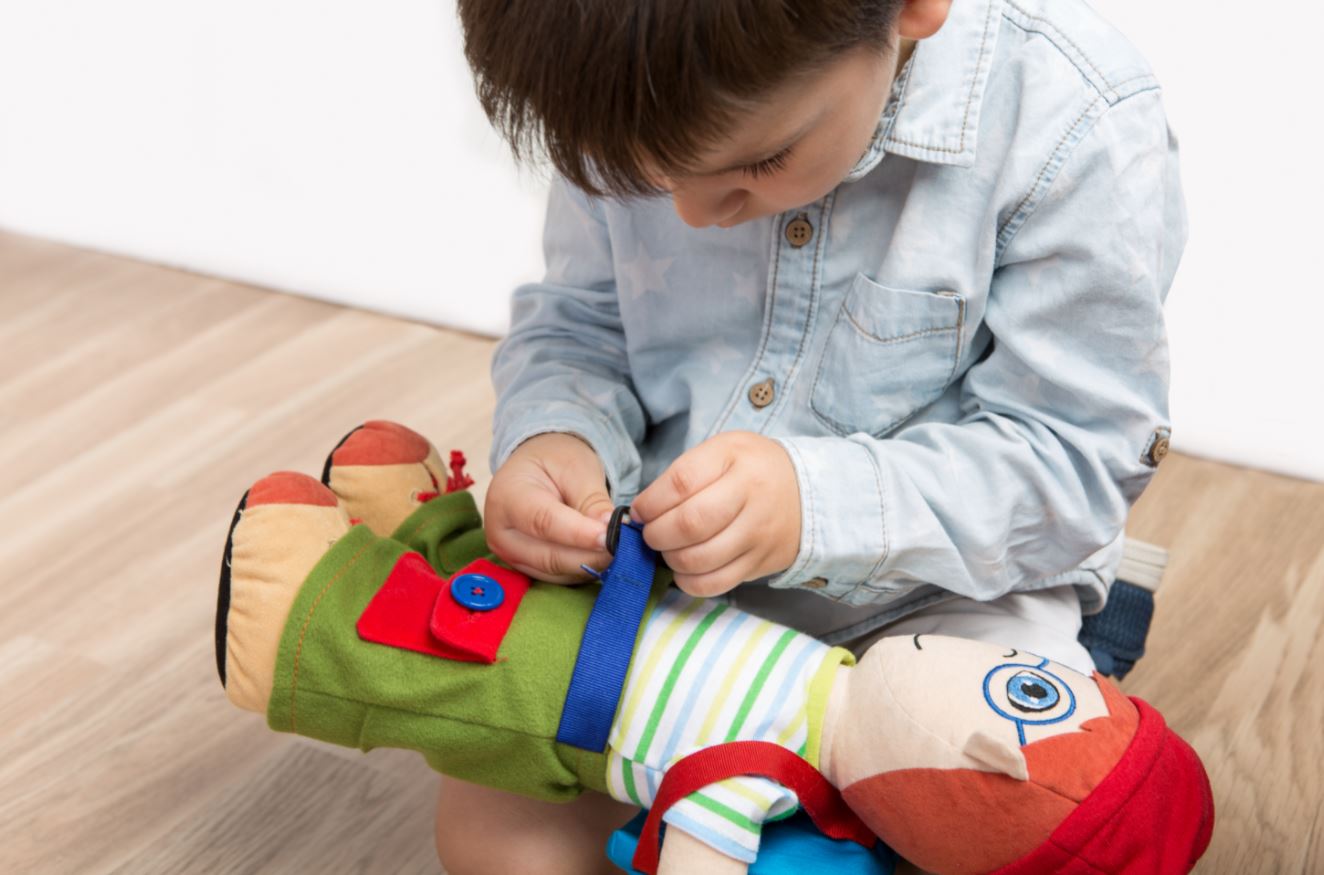
As adults, the majority of us do these skills mindlessly after so many years of practice, but when it comes to teaching it to others, who knew it could be so complicated!
How do you get started?
Miniland’s Fastening dolls are so easy, you’ll wish you had them yourselves as kids. Made in the likeness of various ethnicities and genders from around the world, the Fastening Dolls provide a delightful learning tool for children to practice these important every day skills. They also help support a child’s crucial SEL (Social and Emotional Learning) curriculum. By presenting various tasks to complete, they become more confident in their abilities and are more aware of themselves.
Each soft bodied doll is:
· Equipped with fastening buttons, zippers, snaps, shoe laces, buckles, Velcro tabs and more
· Available as Caucasian boy (96317), African girl (96318), Asian girl (96319), and Hispanic boy (96320).
· Machine-Washable!
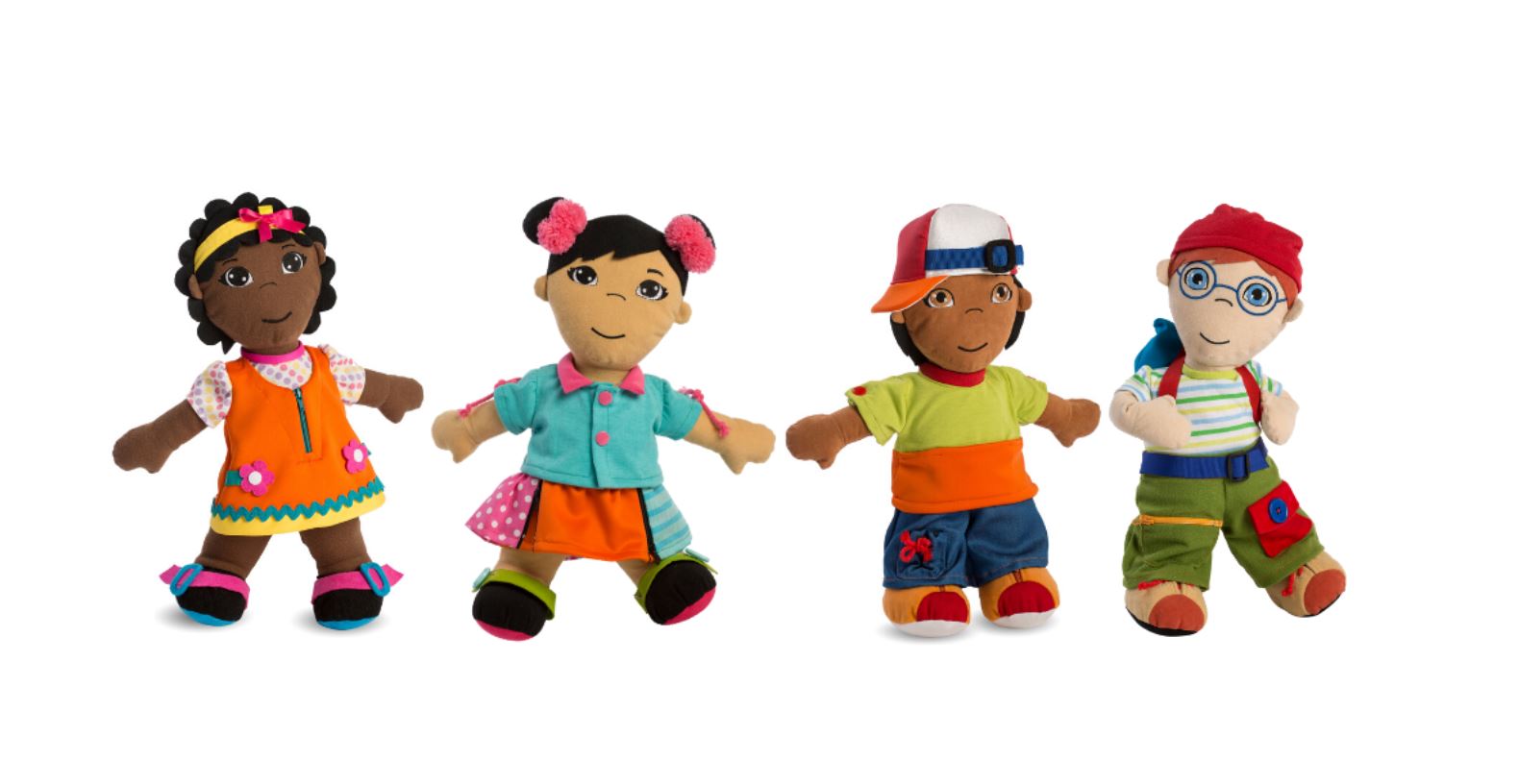
Young children ages 2 to 6 will love these supportive friends that can help them learn to stick Velcro together, zip zippers, tie shoe laces, snap buttons, and buckle buckles.
The dolls are lightweight and very easy to use, making the lessons come alive in the form of a huggable friend that guides them through the process. Each task is easily learned through practice and play, supporting SEL goals during this crucial stage of development. The dolls are age appropriate and the scale of each activity is relative to the proportion of the child mastering it.
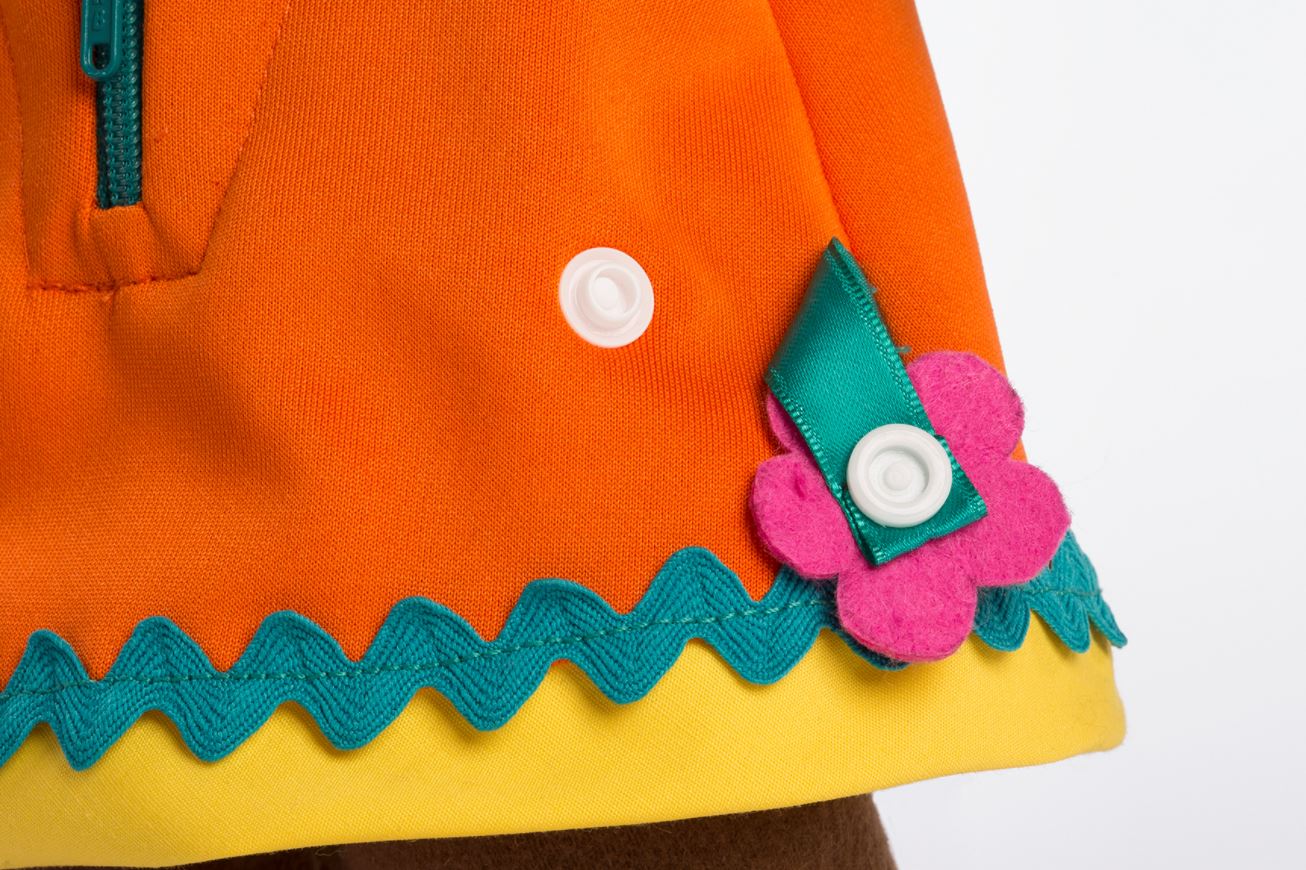
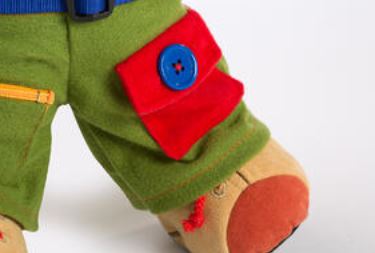
Allowing children to explore and be comfortable with these skills lead to happier more confident kids and much less stress for their teachers and caregivers.
Learning through play is the most powerful tool at our disposal, helping children navigate the world around them with wonder and confidence.
